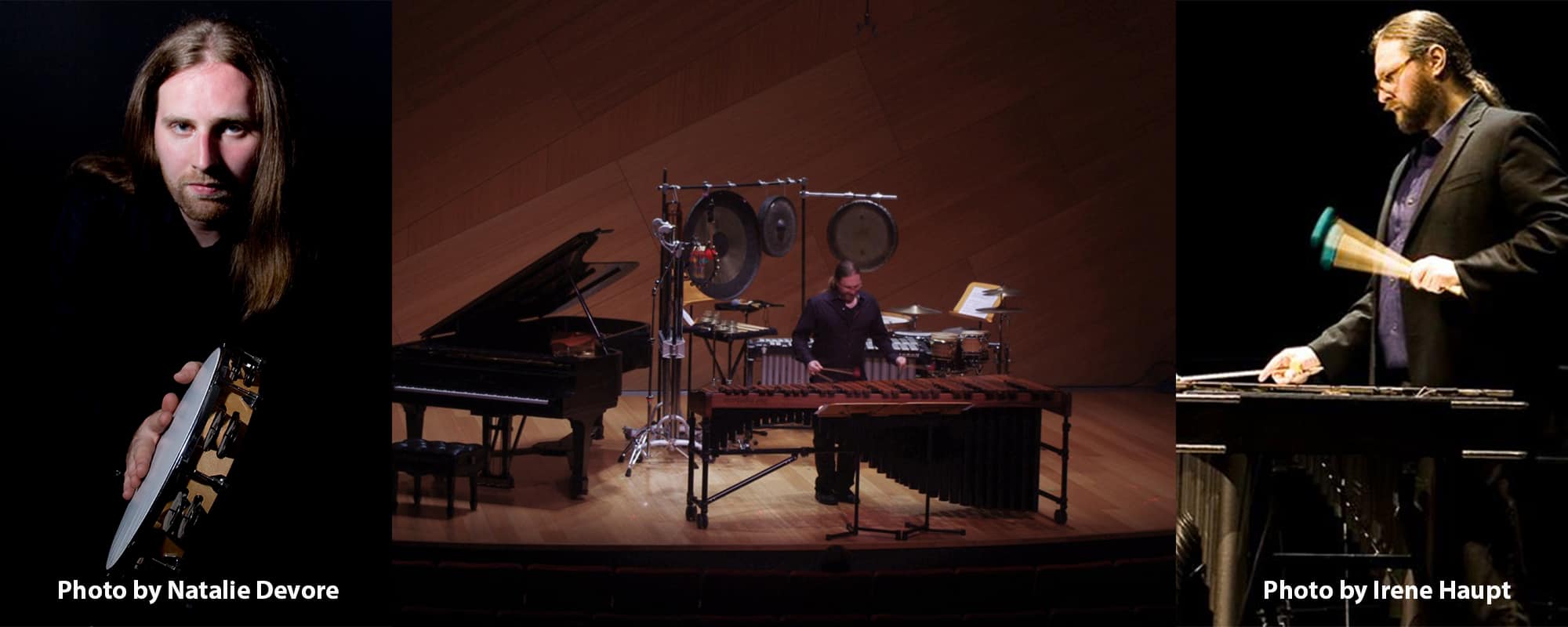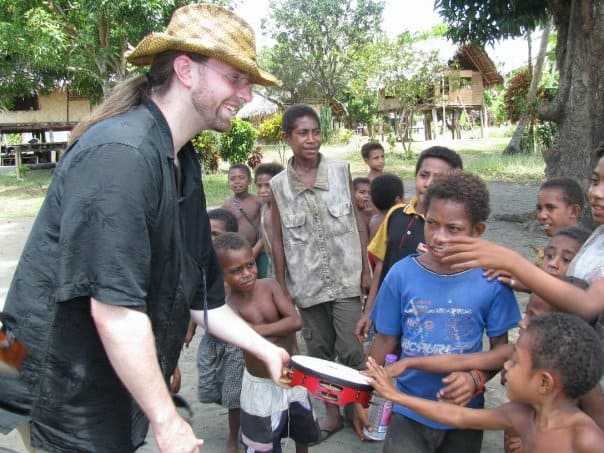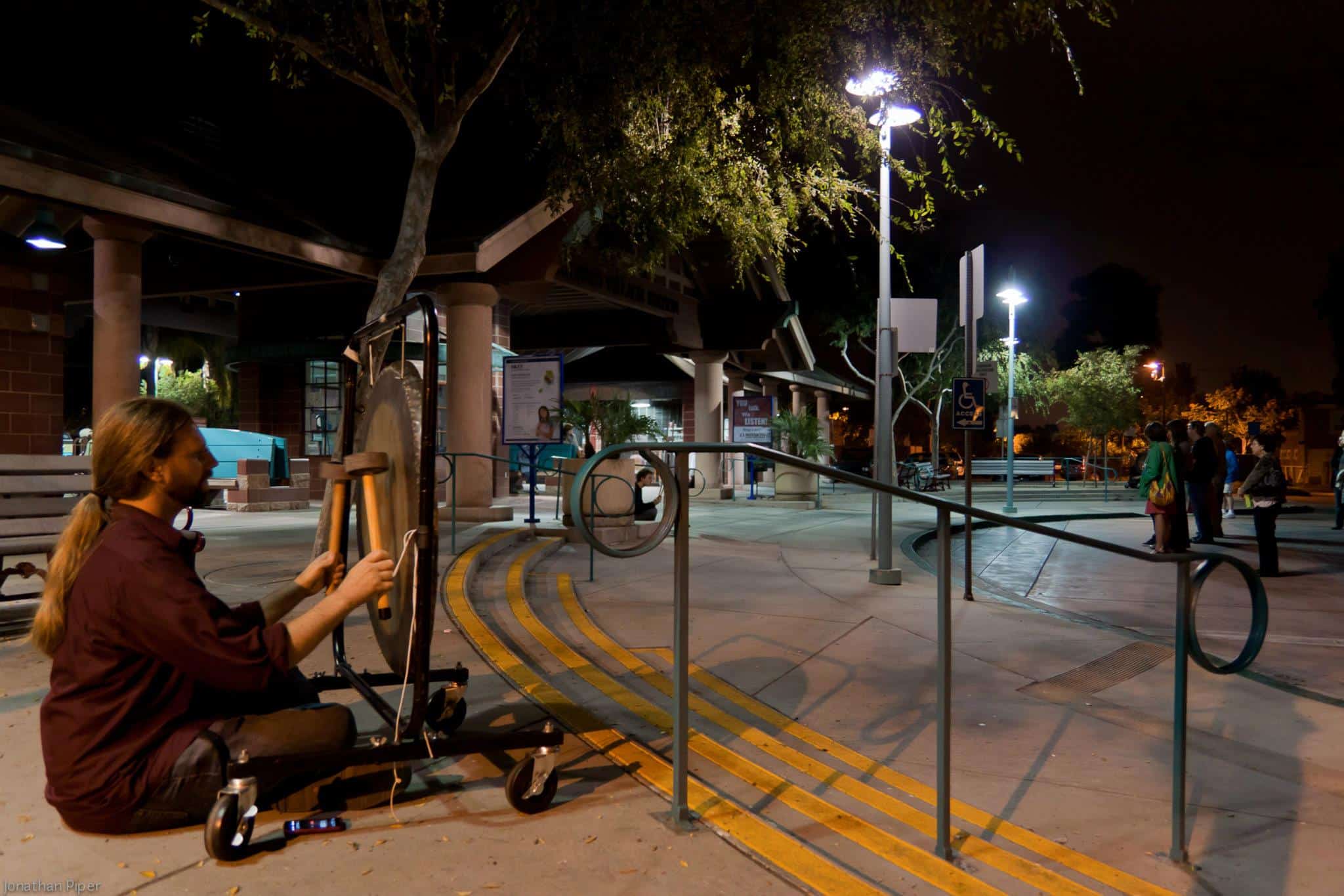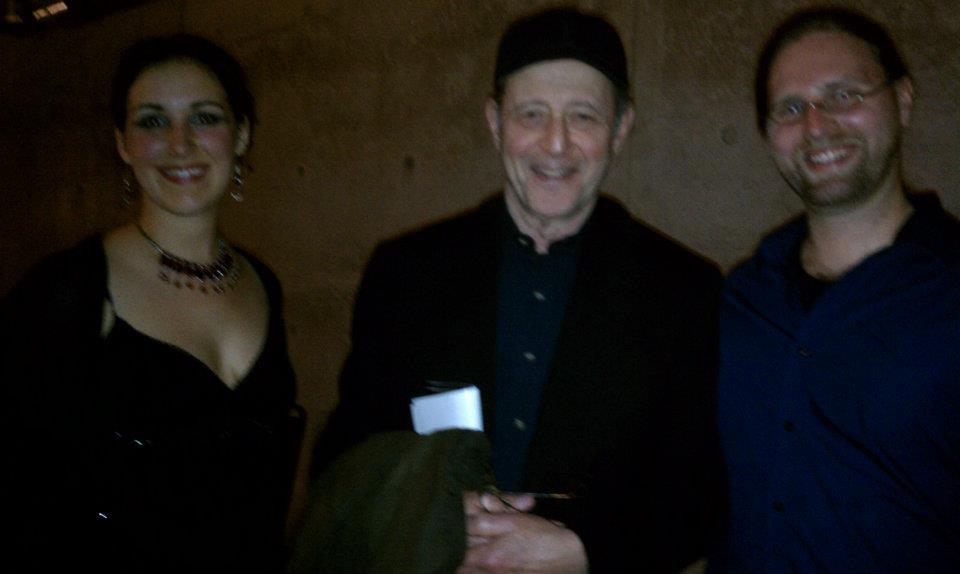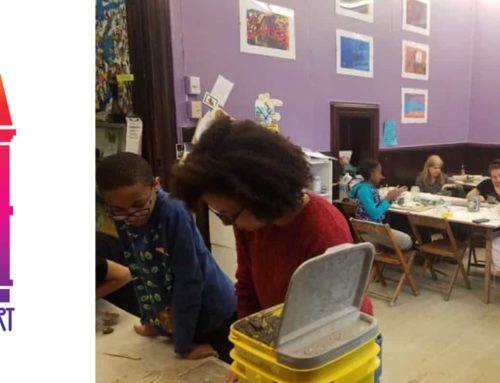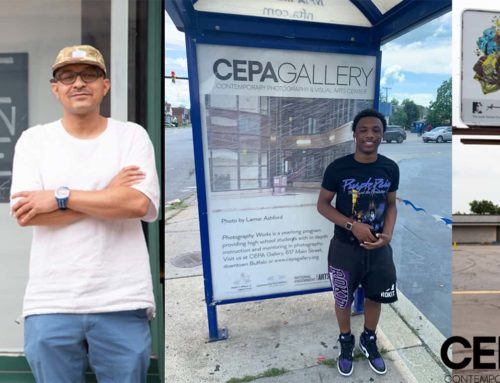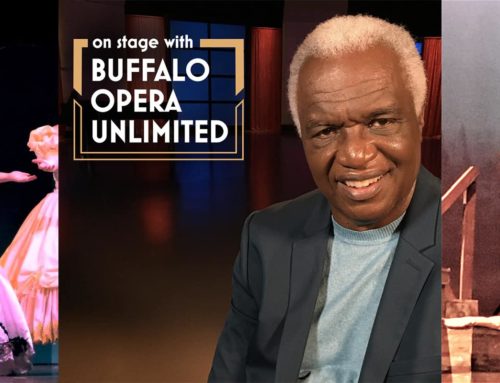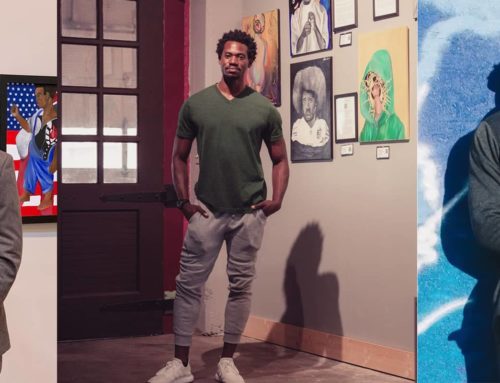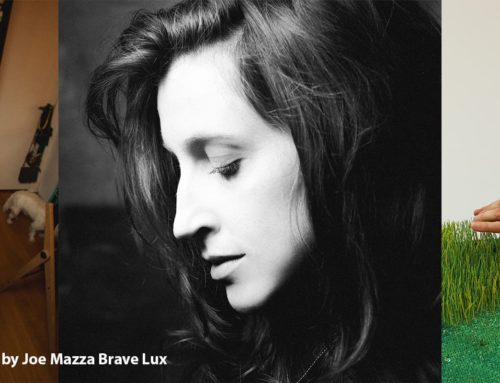The Spark Awards celebrate and recognize outstanding individuals and organizations from across the Western New York arts community for their dedication, talent, and impact on the arts and cultural sector. This year’s presentation will be streamed for free on our YouTube page on Wednesday, May 26, 2021 at 7:00 pm.
Click here to learn more about the Spark Awards.
“Outstanding” percussionist Stephen Solook (Robert Bush, SoundDiego) is a new music specialist who regularly performs as an orchestral and world musician. Looking to connect the past with the future, he highlights the possibilities of sound, beyond traditional notation. As a performer, he has collaborated with many of the country’s preeminent new music ensembles including Bang on a Can All-Stars, Eighth Black Bird, Ensemble Dal Niente, the International Contemporary Ensemble, and San Francisco Chamber Music Players. His duo Aurora Borealis, with soprano Tiffany Du Mouchelle, is noted for their dedication to expanding the repertoire for their instrumentation. Exploring the dynamic relationship of voice and percussion, their performance history, and the acoustic possibilities of each instrument, they have commissioned and premiered countless compositions by composers from around the world.
Solook’s interests in collaboration and heritage have led him to collaborate with artists of diverse backgrounds and mediums. Through the NGO Cultures in Harmony, he collaborated with cultural conservationists in Papua New Guinea, folk musicians and dancers in Cameroon, Egyptian musicians supporting youth advocacy in Alexandria, and as an educator for Programa de Orquestas y Coros Juveniles in Mexico City. As a dance accompanist he was an integral part in the revival of Jose Límon Dance Company’s Lament for Ignacio Sánchez Mejías, enjoyed a creative partnership with Preeti Vasudevan, classical Indian dancer, and currently serves as staff accompanist for the University at Buffalo Dance Department.
Throughout Buffalo, Steve can be found performing as an extra percussionist with the Buffalo Philharmonic Orchestra, Slee Sinfonietta at University at Buffalo, or Masti Ensemble, giving a solo performance, or collaborating in one of the city’s many chamber music series. He can be heard in recordings on Bridge, Vortex, and Mode Labels, and as the on screen talent for the popular “Standard of Excellence” snare drum series. His compositions, published by Bachovich Music Publications, offer a reverence to the past while amplifying new possibilities of timbre, expression, and extending technical possibilities of the instruments he writes for.
As an educator, he is committed to making sure every student finds their own voice. In addition, Steve dedicates his research to developing pedagogical practices that aid students with learning disabilities in reading music notation. Dr. Solook received his Doctorate of Musical Arts degree from the University of California San Diego, after attending Mannes College, and Ithaca College.
Learn more about Stephen!
Who and/or what inspired you to become a performer?
I don’t know if there was a specific thing that inspired me to become a performer, but nothing I worked at came easy. I received positive reinforcement from my music teachers for my hard work compared to most other subjects. I don’t know if I was the most talented in my grade school music classes, but I know I was a hard worker through my degree work. So I’d rather say I was inspired by sound itself. Why drums (and percussion)? I’ll delve a little deeper to share some early memories with music. When I was in fourth grade, I remember being excited and anxious to be able to select drums as my instrument. When it was actual time to select the instrument, we had to line up next to the sheet of paper we had to sign. I hurried to be first in line. But even before that I can remember being excited for a weekend radio broadcast my father would listen to. The broadcast would play Yellow Submarine at the beginning of the show, and I remember my father tapping along to the music. To me, there was something mystical about the way the music inspired my father to tap along.
What motivates you to keep working and creating?
There are several things that motivate me to keep creating, some are positive and some are negative. Fear is a motivator, but rather than exploring the negative, I’ll focus on the positive. My family, and specifically my son, is probably my biggest motivation. I want to be able to provide something they and he can be proud of, something that can help him and others, and something that can make him/them happy.
Another motivation is a sense of responsibility, because I am dyslexic. I did not find out I was dyslexic until I was in the middle of my doctorate degree, when I needed accommodations to finish my degree work. This lead me to do my research into dyslexia, and to find out that my specific abilities as a percussionist do not align with an understanding of the disorder. Because of my specific skill set, I can provide new pathways to help other dyslexics, and this uniqueness feels like a responsibility. Tangentially, by finding out I was dyslexic, I became interested rediscovering who I am, by recognizing more of my heritage and culture. Without knowing who we are, it’s hard to have integrity behind our motivation.
Most relevantly, sound itself motivates me. I hear sound as shades of color. I am not synesthetic. When I am working on something with sound, the color I achieve becomes a driving force behind my motivation. Simultaneously, I try to appreciate natural sounds around me for what they are. If a sound is within my control, it can become an obsession of possibilities. My journey for color is not only about what I can achieve, but what has happened before me. In a lot of ways I consider myself a colorist or sound mixologist, who happens to be a musician, looking for other possibilities.
What hobbies or likes do you have outside of the arts?
When you work at anything passionately, isn’t it art? Currently, my biggest hobby is probably, cooking. The pandemic has allowed me time to pursue my interest in the culinary arts.
What is one thing people don’t know about you and/or your work?
I have spiritual experiences when I visit artistic venues, primarily visual art museums.
Is there anyone you would like to thank or share appreciation for?
It’s hard to put down all of the people that have helped me get to where I am. Rather than listing everyone I’ll list family, Buffalonians, and teachers. First and foremost, my wife Tiffany Du Mouchelle, who’s unbelievable ability to understand me has helped me get here. For my family, who has shaped who I am and show me who I want to be: my son, my parents, my sister and brother, my mother-in-law. For Buffalonians, who have welcomed me and helped me countless times: Elise Alaimo, Melanie Aceto, Bob Accurso, Matt and Kathleen Bassett, David Felder, Charlie and Irene Haupt, Mark Hodges, Dinesh Joseph, Tom Kolor, Don Metz, Rob Patterson, Ben Perrone, Kerry Ring, Gary Rutkowski, Ryder Shelley, and Jan Williams. Lastly, my teachers, who have given me the skills and opportunities to do what I do: Gordon Stout, Conrad Alexander, James Preiss, Glen Velez, Michael Werner, and Steven Schick.

